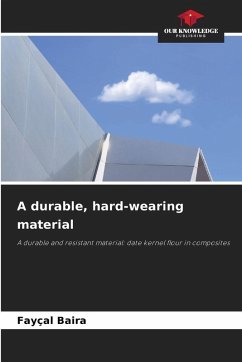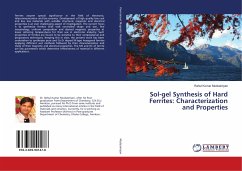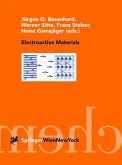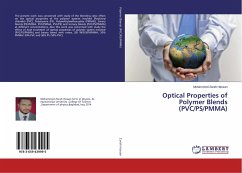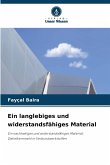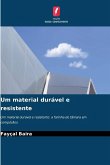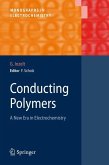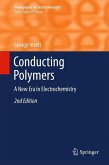Hydrocarbons, the main source of plastic materials, are threatened with exhaustion. Although plastics offer advantages such as high resistance to atmospheric agents, ease of use and moderate costs, their end-of-life management is problematic. This thesis explores the use of a natural polymer, cellulose, as a sustainable alternative.Cellulose, extracted from wood, cotton, etc., can be modified by esterification to become apolar. Combined with polyurethane diacrylate in various percentages, it forms composite materials that are biodegradable under natural conditions (soil, sunlight, etc.). These composites have good resistance to water vapour and non-polar solvents, but low resistance to solvents of medium polarity.The main factors influencing moisture resistance are : Carbon chain length. Steric hindrance, determined by ester type. Degree of substitution.This study highlights the potential of cellulose as an environmentally-friendly solution for reducing dependence on hydrocarbon-based plastics.
Bitte wählen Sie Ihr Anliegen aus.
Rechnungen
Retourenschein anfordern
Bestellstatus
Storno

